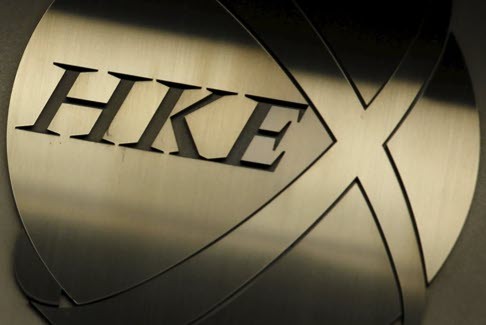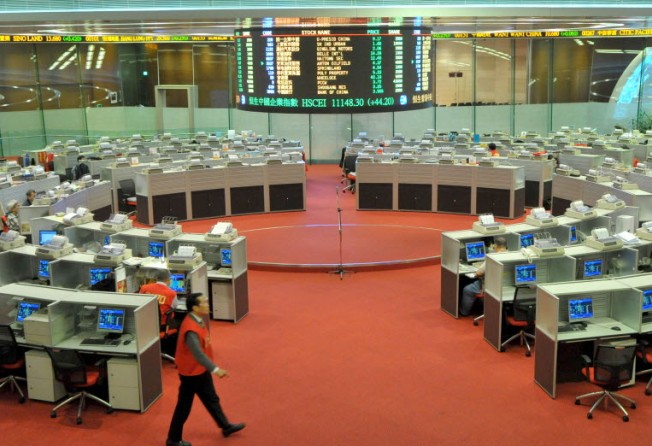
Hong Kong regulator cracks down on back-door listing

Hong Kong Exchanges and Clearing (HKEx) has issued a new guidance to ban cash companies to list, effectively cracking down on so-called back-door listings.
The exchange on Monday issued new rules for listing under which cash companies – whose assets consist wholly or substantially of cash – will not be allowed to list. This also means if any listed company suspends trading to issue a large number of shares to a fresh investor in return for cash that becomes greater than the original business, they will not be allowed to resume trading.
Even if the company uses the cash to buy new businesses, the exchange will consider this as a new listing application.
David Graham, HKEx’s chief regulatory officer and head of listing, said in a statement that the new guidance was needed in view of a surge in listed companies proposing large-scale fundraisings, leading to substantial cash injections into these companies.
The new investors who are sold the shares often take control of the issuers and invest the money into new businesses – a common method of back-door listing, through which listed companies are taken over by unlisted entities. In the process, the original business of the issuer becomes marginal, which, Graham said, is becoming a new trend.

We review our rules and practices from time to time to ensure that they have addressed developments in the market,” Graham said.
In determining whether a company should be considered a cash company, the stock exchange considers not only the issuer’s cash level but also the background and circumstances of the issuer’s business, operations and financial position.
“Once an issuer is considered to be a cash company, its application for resumption of trading would be treated as if it were a new listing application,” Graham said.
Christopher Cheung Wah-fung, a stockbroker and lawmaker for financial services sector, said he supports the HKEx move to tighten the rules on cash companies.
“Some companies like to use back-door listing as a shortcut to list in Hong Kong. This is because back-door listing is faster than the normal listing procedure,” he said.
In addition, some companies find it difficult to meet main board listing criteria, which include listing applicants to make a combined profit of more than HK$50 million in the three years leading up to the listing, with HK$20 million in the latest year. Back-door listing allows them to circumvent these rules.
“This is not fair to other listing applicants that follow all necessary listing rules. This also creates uncertainties for minority shareholders as they are unaware of how the company will use the money raised,” Cheung said.
There have been many back-door listings in the past year, Cheung said, adding that it is partly due to suspension of initial public offerings in China between July and October, prompting companies to opt for back-door listing in Hong Kong.
Securities and Futures Commission chairman Carlson Tong Ka-shing had earlier said the commission would work with the stock exchange to review overall listing rules to address the volatility in the Growth Enterprise Market index as some stocks have witnessed wild swings after back-door listing deals.
HKEx chief executive Charles Li Xiaojia also recently called for companies to use “front door” to list.